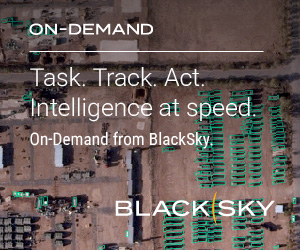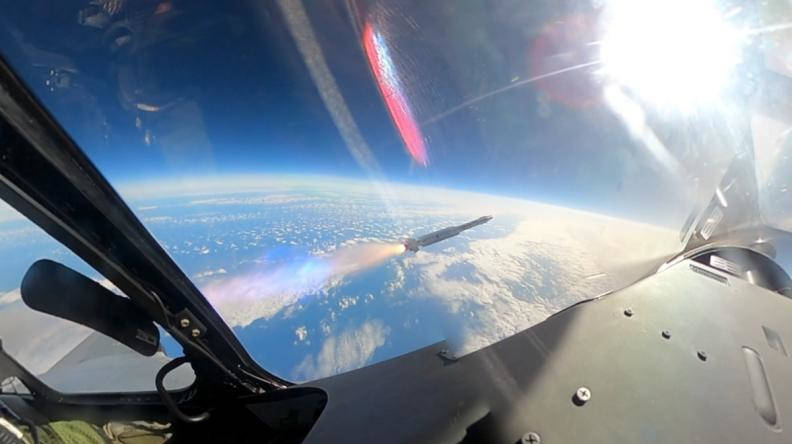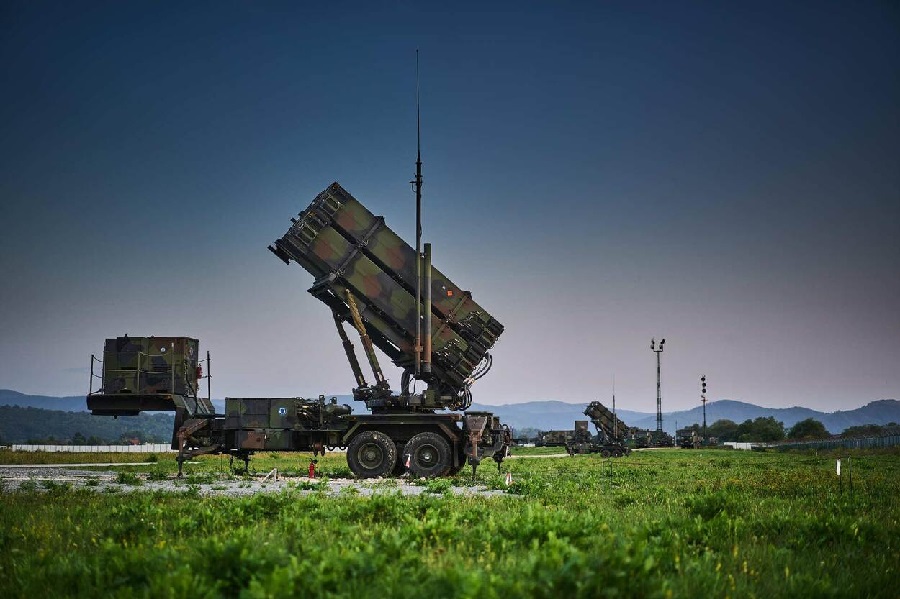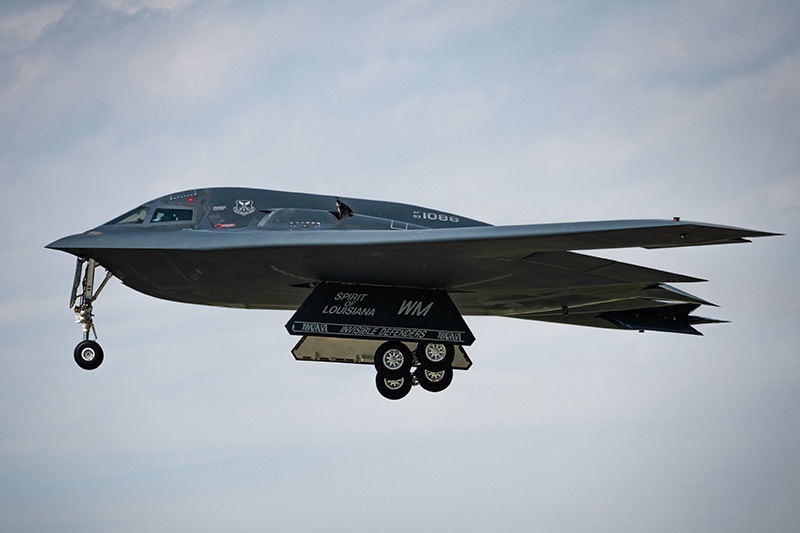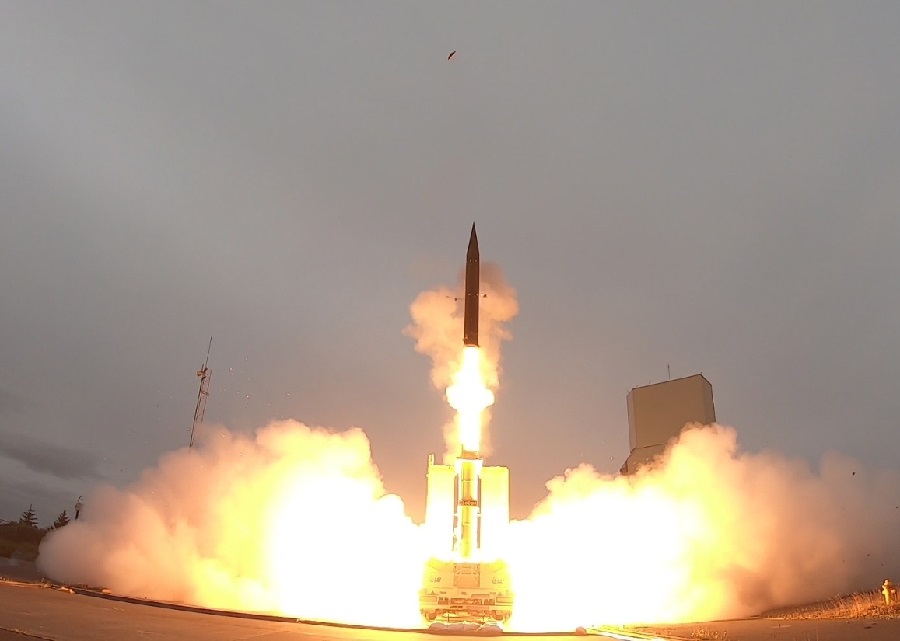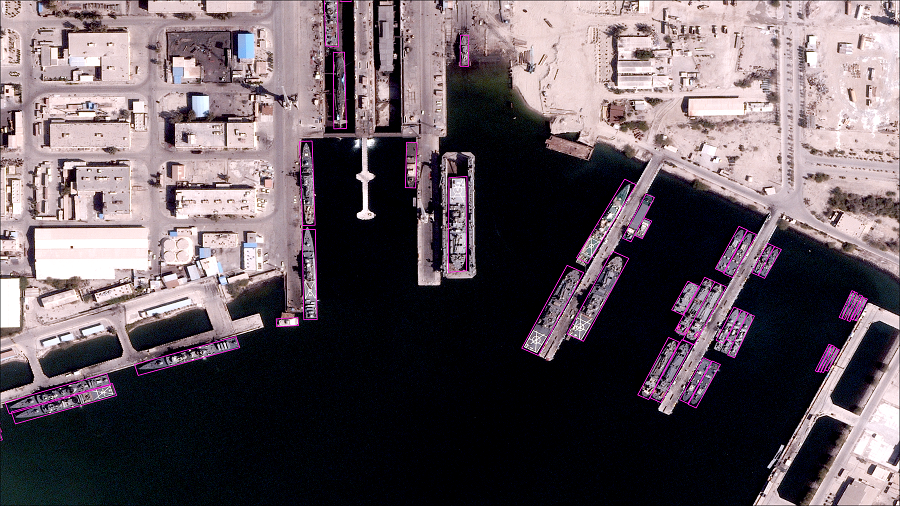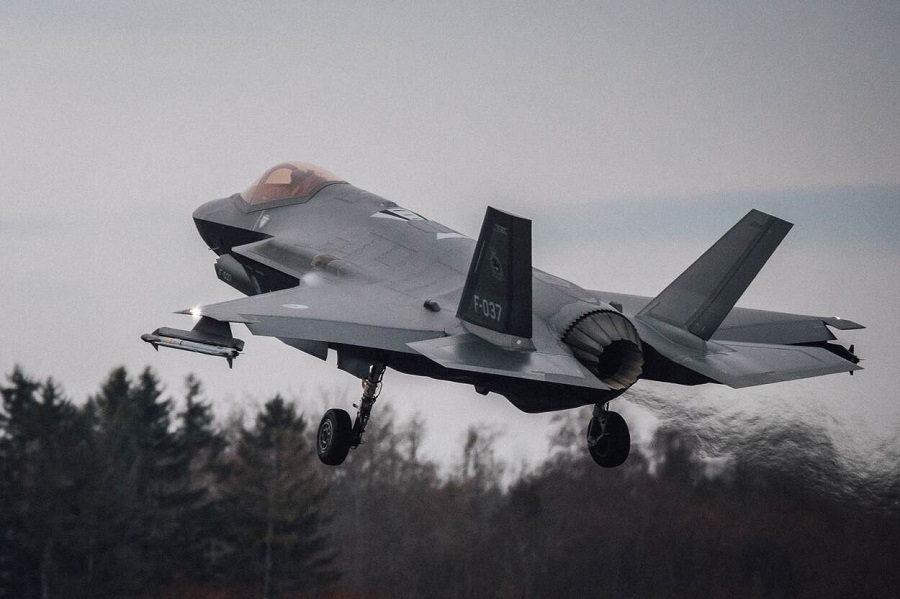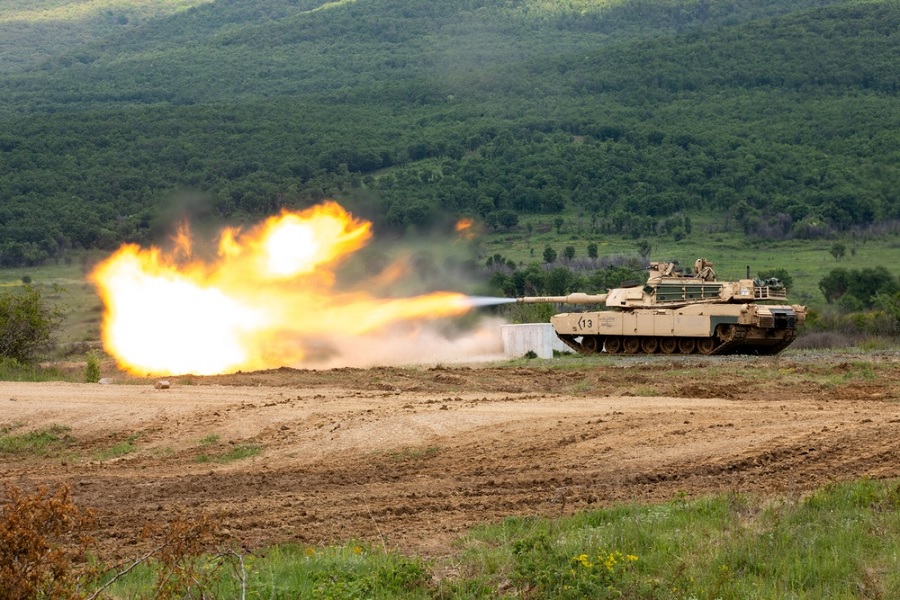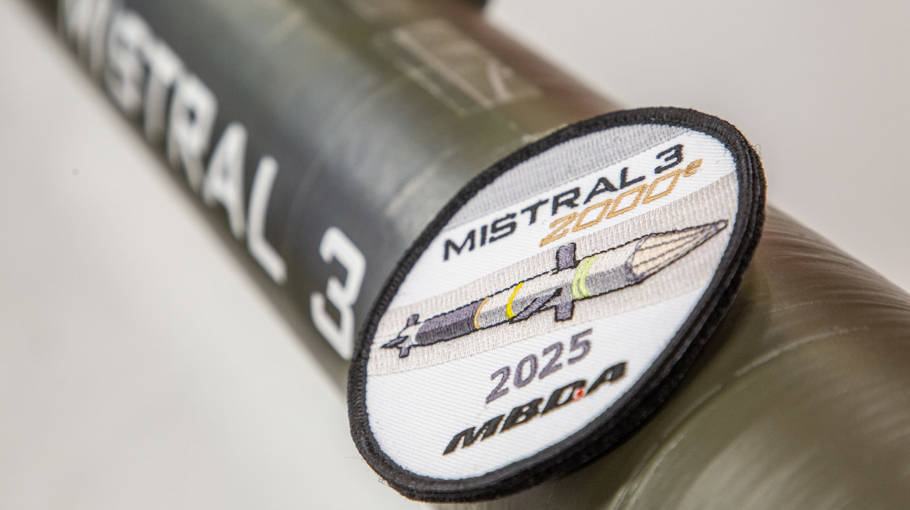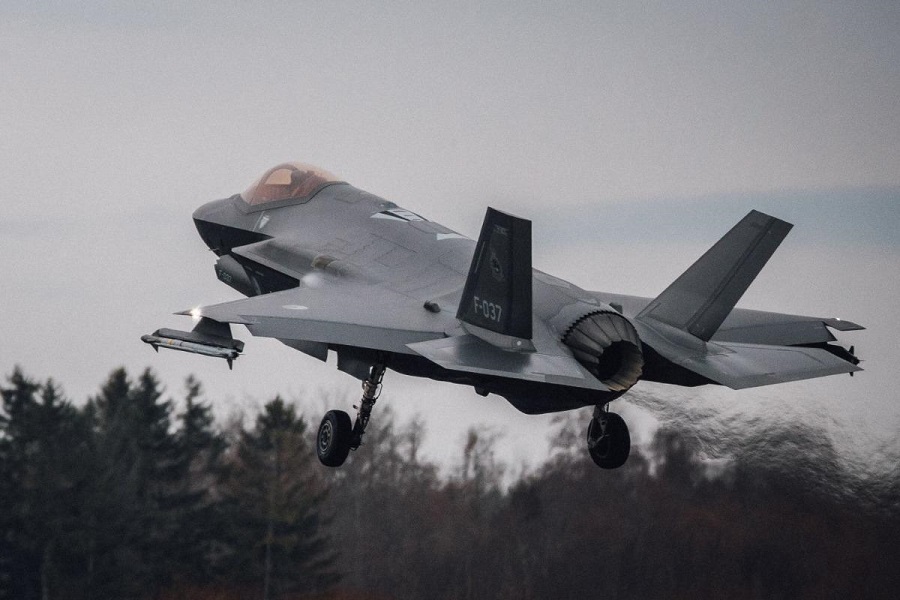The IRIDE constellation is one of the largest and most important European space programs dedicated to Earth observation. Scheduled to be fully operational by 2026, it will provide Italy with crucial data for environmental monitoring, civil protection, and public administration services. The constellation is designed to support a wide range of applications, from tracking air quality and weather conditions to protecting coastlines and monitoring critical infrastructure.
The new batch of satellites, like the previous one, will be built on the NIMBUS (New Italian Micro Bus) platform, an advanced and scalable technology developed by Thales Alenia Space. NIMBUS is designed for high-revisit, high-capacity constellations, ensuring the rapid production of high-performance satellites. These satellites will play a crucial role in delivering near real-time monitoring, thanks to their advanced radar technology, which allows for precise Earth imaging even in challenging weather conditions.
“The NIMBUS platform is a game-changer in the small satellite segment, offering unprecedented performance in terms of revisit frequency and data capacity,” said Giampiero Di Paolo, Senior Vice President for Observation, Exploration, and Navigation at Thales Alenia Space. “With the IRIDE constellation, we are reinforcing our capabilities in delivering cutting-edge radar and optical solutions for Earth observation, offering vital data to support environmental monitoring, civil protection, and public safety.”
Thales Alenia Space’s role in the IRIDE program goes beyond satellite construction. The company will also provide an optical satellite built specifically for the program, with the optical payload developed by Italian firms Media Lario and TSD-space. This satellite will complement the radar-based units, offering a hybrid constellation that combines radar and optical sensors for comprehensive Earth observation.
“The IRIDE program is a key pillar of Italy’s space ambitions, and we are proud to be at the forefront of this innovative project,” said Di Paolo. “This constellation will provide invaluable data for Italy, not only benefiting researchers and public administrations but also opening new opportunities for commercial applications in the geospatial sector.”
The satellites will be built in Italy, leveraging the expertise of Thales Alenia Space and the contributions of numerous small and medium-sized enterprises (SMEs) in the Italian space sector. These SMEs will play a vital role in the manufacturing and integration of the satellites, reinforcing Italy’s position as a leader in space technology.
The data collected by the IRIDE constellation will be crucial for a wide range of applications, including monitoring the evolution of environmental conditions, protecting critical infrastructures, and supporting Italy’s Civil Protection agency. The satellites will provide detailed radar and optical images that can be used to assess changes in land use, monitor deforestation, track pollution levels, and manage natural disasters such as floods or earthquakes.
“IRIDE’s radar and optical sensors will provide us with a comprehensive understanding of the Earth’s surface and atmosphere,” explained Di Paolo. “The ability to combine radar and optical data means we can offer a near real-time monitoring solution that will be invaluable for public administrations and researchers, as well as for start-ups and SMEs developing new geospatial services.”
The IRIDE data will also be integrated with other European Earth observation programs, such as COSMO-SkyMed Second Generation, Prisma, and the Copernicus program, enhancing the ability of European nations to monitor environmental changes and respond to crises. This collaboration between Thales Alenia Space, ESA, and ASI ensures that the data generated by the IRIDE constellation will be of the highest quality, supporting both national and international efforts in Earth observation and climate monitoring.
Thales Alenia Space’s involvement in the IRIDE project is part of its broader vision for the future of Earth observation. The company is committed to developing “ALL-IN-ONE” solutions that combine optical and radar technologies to provide comprehensive Earth monitoring capabilities. The IRIDE constellation is a prime example of this approach, offering a hybrid solution that ensures high-revisit frequency and high-resolution imaging for a wide range of applications.
“IRIDE is not just about building satellites; it’s about creating an integrated system that can deliver real-time data for a variety of users,” said Di Paolo. “From environmental monitoring to supporting civil protection efforts, the IRIDE constellation will have a lasting impact on how we observe and protect our planet.”
As the IRIDE program progresses, Thales Alenia Space will continue to work closely with ESA and ASI to ensure that the constellation meets the needs of Italy’s public administrations and researchers. The data provided by the constellation will be made available to a wide range of users, including start-ups and SMEs developing commercial applications in the geospatial sector, further strengthening Italy’s position in the global space industry.

